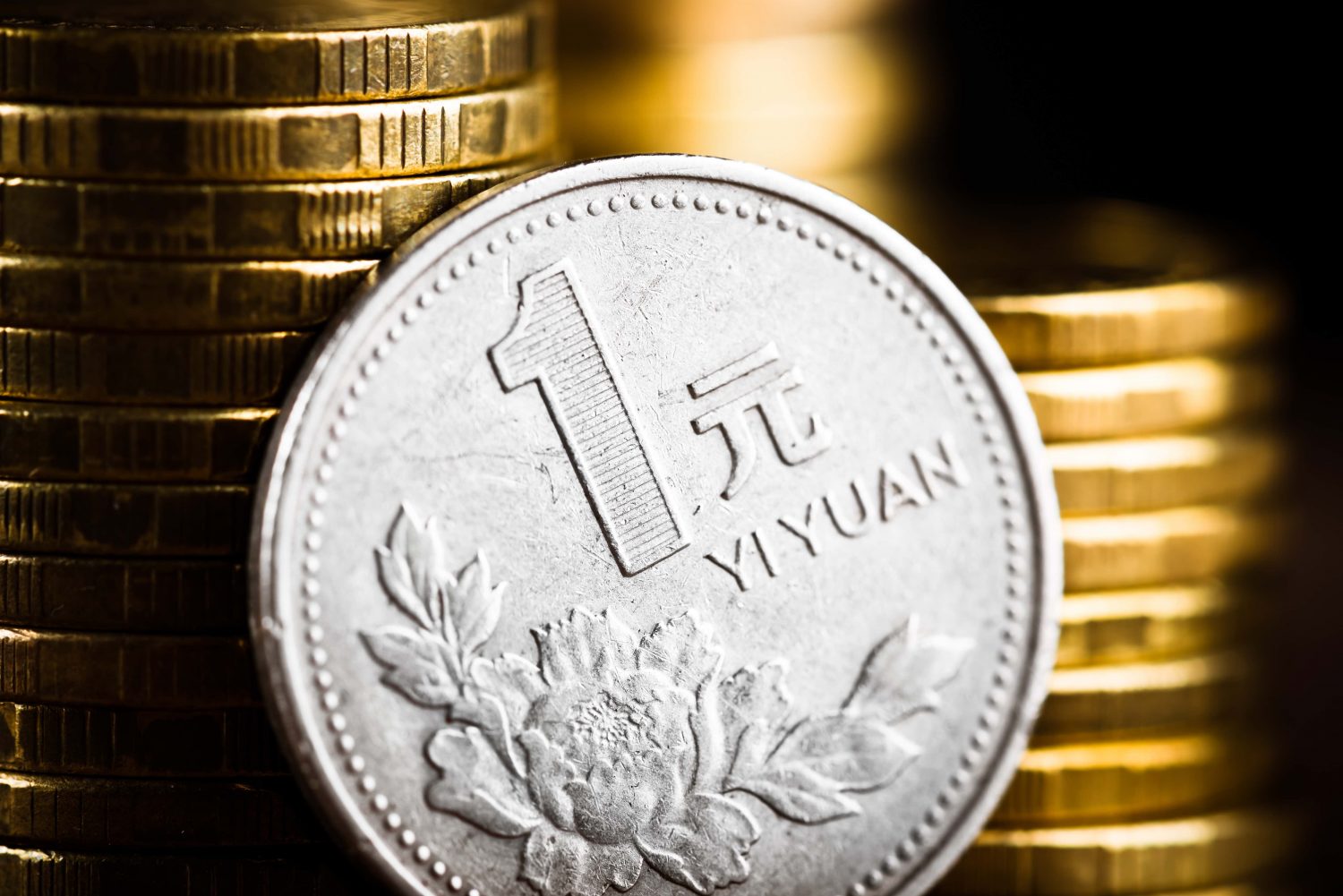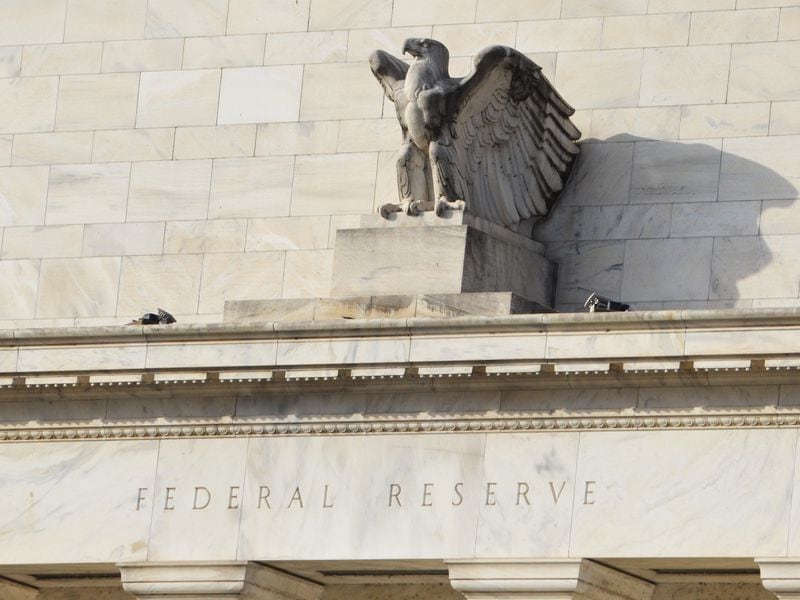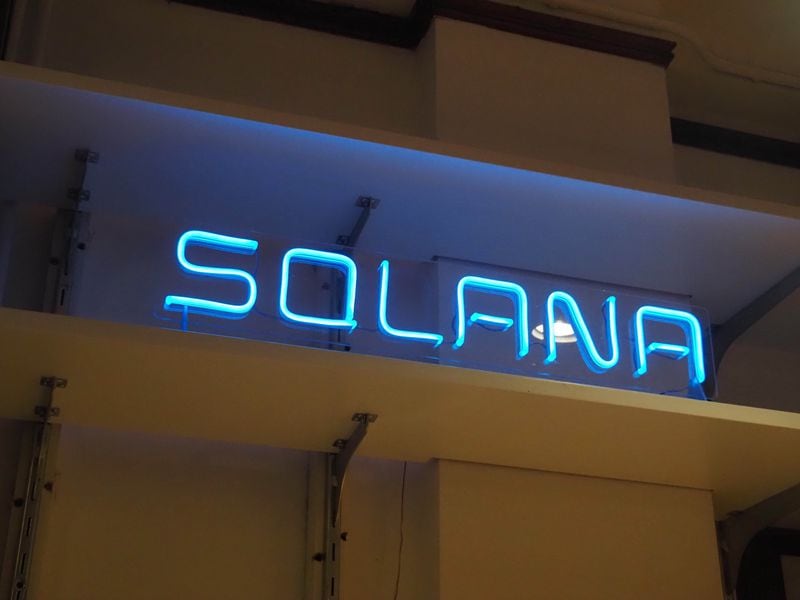First Mover: Bitcoin Below $19K and Customers Flee OKEx
First Mover: Bitcoin Below $19K and Customers Flee OKEx
Bitcoin was lower, pushing prices back down below $19,000 toward where they started the week.
Digital-asset traders have been speculating whether prices would quickly breach $20,000 after the cryptocurrency surged earlier this week to a new all-time high of $19,920. But so far the market hasn’t been able to carry through.
“In the short run, this rally has endured for a good while and prices might need some sideways action or even a quick retracement before rising further,” the digital-asset financial firm Diginex wrote Friday.
In traditional markets, Asian and European shares rose and U.S. stock futures pointed to a higher open ahead of a key government report on U.S. employment expected to show slowing jobs growth in November. Gold weakened 0.1% to $1,840 an ounce.
Market moves
Warning to cryptocurrency exchanges everywhere: Customers aren’t too keen about having their deposits involuntarily blocked from withdrawal for five weeks.
A sharp drop in the Malta-based OKEx’s trading volume and stablecoin reserves – tether (USDT) in particular – may reveal an ongoing exodus of users after the popular derivatives exchange unexpectedly halted all crypto withdrawal activities.
The suspension ended on Nov. 26, and data from the analytics service CryptoQuant show the amount of tether held in OKEx wallets dropped by 98% in less than a week to 6.69 million on Dec. 1. OKEx has a large user base in China, and tether, the world’s largest dollar-backed token, with total assets of $19.35 billion, is one of the most popular stablecoins used by Chinese traders.
Total daily trading volume on OKEx declined significantly during the same time period – down approximately 67.7% from Nov. 25, according to data compiled by CoinDesk. The volume of tether traded on OKEx plunged 70%.
The sudden and significant decline in tether in reserves on OKEx could indicate that users are transferring their stablecoins elsewhere – possibly to a different exchange or to their private cold wallets, according to analysts and traders who spoke with CoinDesk.
“They don’t want to keep assets in OKEx,” Darius Sit, of Singapore-based QCP Capital, told CoinDesk.
– Muyao Shen

Bitcoin watch

Bloomberg analysts expect bitcoin to remain bid next year and possibly rise as high as $50,000 next year.
“Bitcoin will maintain its propensity to advance in price into 2021, in our view, with macroeconomic, technical and demand vs. supply indicators supportive of $50,000 target resistance, implying about a $1 trillion market cap,” noted Bloomberg Crypto in a monthly report.
The demand-supply mechanics are currently skewed bullish, as only 900 new coins mined each day versus 1,800 in 2017, and institutional participation is increasing.
While the odds appear stacked in favor of the bulls, the cryptocurrency remains vulnerable to a March-like panic sell-off in the global equity markets, Bloomberg’s report said. However, analysts do not see prices falling below $10,000.
– Omkar Godbole
Token watch
XRP (XRP): Ripple Chief Technology Officer David Schwartz says company could be forced by validators to burn its 48M XRP tokens.
Aave (LEND): Decentralized money market rolls out second version incorporating collateral swap functionality powered by new flash-loan system.
Wrapped bitcoin (WBTC): “Burns” increase as traders rotate capital out of cooling DeFi.
OMG Network (OMG): Genesis Block Ventures announces acquisition of network, which helps speed transactions and lower fees on the Ethereum blockchain by handling transactions off-chain.
What’s hot
S&P Dow Jones Indices to launch crypto indexes in 2021 (CoinDesk)
Wider adoption of stablecoins as form of payment could upset balance of current financial system, “warranting greater regulatory scrutiny,” U.S. Financial Stability Oversight Council writes in report (CoinDesk)
What China’s hydropower consumption parks mean for bitcoin mining (The Block)
Spotify, the music-streaming giant, looks for associate director in Payment Strategy and Innovation team to “lead its day-to-day engagement with the Libra Association” (CoinDesk)
U.S. Securities and Exchange Commission makes fintech hub a standalone office, with Senior Advisor for Digital Assets Valerie Szczepanik continuing at the helm (CoinDesk)
Pakistan moves to legalize bitcoin as economy tumbles (Decrypt)
Swiss wholesale CBDC trail shows “feasibility” for central bank money on distributed ledger, BIS says (CoinDesk)
Weekly net inflows to crypto platforms serving primarily North American users jump to 216K bitcoin worth $3.4B in November, versus outflows of 240K bitcoin worth $3.8B from East Asian exchanges (Reuters)
Terra, a stablecoin platform, brings 24-hour trading to synthetic versions of stocks like Tesla (TSLA) and Apple (AAPL) (CoinDesk)
Bitcoin-friendly hedge fund titan Paul Tudor Jones says “the path forward from here is north” (CoinDesk)
“Adoption is trending the right direction, but it is still early,” Open Money Initiative co-founder Jill Carson writes (CoinDesk Opinion)
Lex Sokolin of Consensys argues that community represents the real value in an open-source DeFi project where code can be easily copied and governance tokens now have $3.5 billion of associated enterprise value (CoinDesk Opinion)
Bitcoin is a potential store of value that’s very volatile, says Tom Jessop, head of Fidelity Digital Assets (CoinDesk)
Analogs
The latest on the economy and traditional finance
U.S. government report expected to show economy added 440K jobs in November, slowing from October’s 638K (CNBC)
Federal Reserve and Treasury Dept. urge Congress to approve more virus relief (Associated Press)
Southwest Airlines warns it could furlough 6,800 employees to cut costs (CNBC)
“Modern Monetary Theory might not be the free lunch our current economic policy lords imagine,” Wall Street Journal Editorial Board writes (WSJ)
Vietnam’s central bank has a new governor, Nguyen Thi Hong, making her the first woman in the bank’s history to hold the top seat (Nikkei Asia Review)
Tweet of the day










